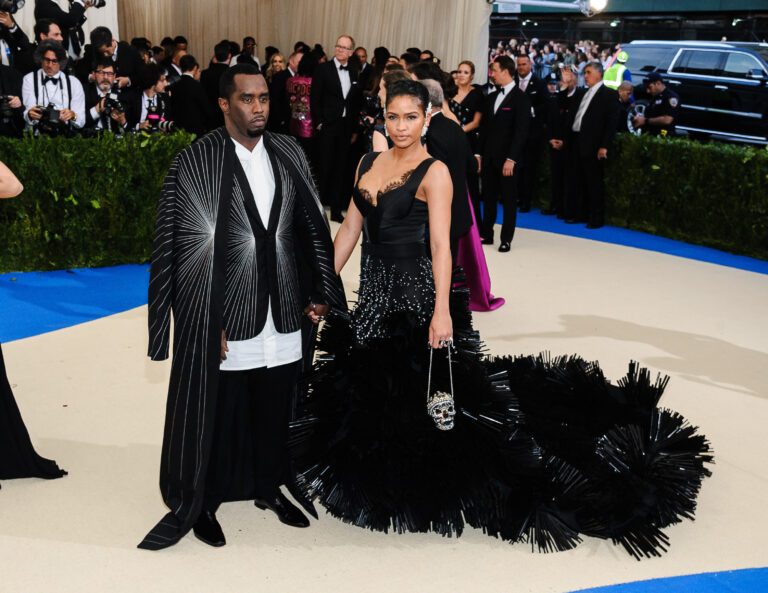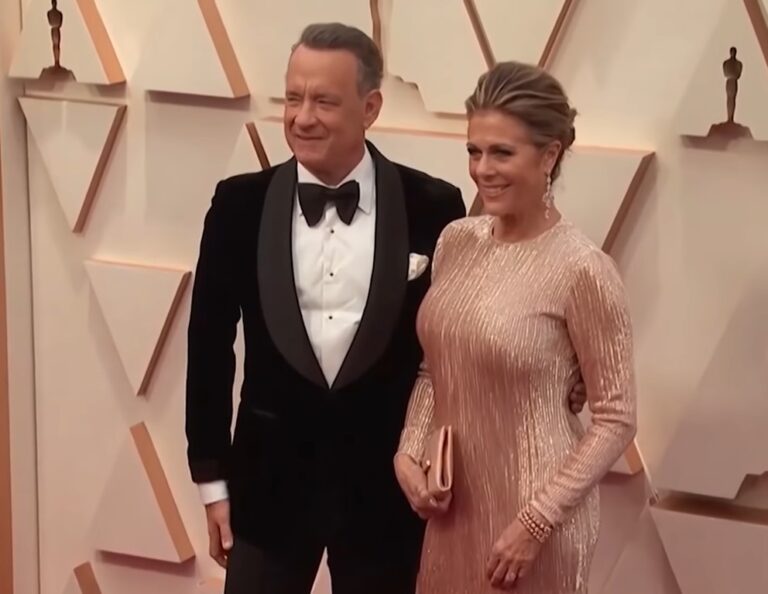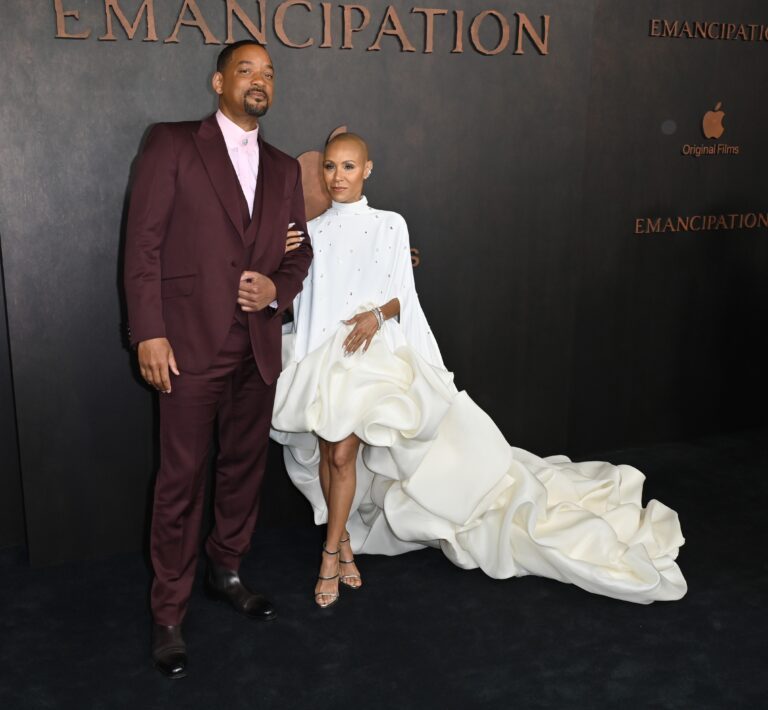The Science of Compatibility: Do Opposites Really Attract or Is That a Myth?
It’s one of the oldest debates in relationships: do opposites really attract, or is lasting love built on shared similarities? Popular culture often romanticizes the idea that polar opposites—whether in personality, lifestyle, or values—create magnetic, irresistible chemistry. Think of the organized perfectionist paired with the free-spirited dreamer, or the introvert who finds balance with a lively extrovert. But when it comes to long-term relationships, is there science to support this idea, or is it just a myth we’ve carried through the years?
Let’s break down what research, psychology, and real-life couples say about compatibility.
The Psychology of Attraction
When people first meet, novelty is exciting. Someone different from us can feel refreshing, sparking curiosity and attraction. For example, an adventurous partner may bring excitement to a risk-averse individual, while a calm, stable person may ground someone more impulsive. This dynamic is often the foundation for short-term chemistry—the spark that gets a relationship off the ground.
However, psychologists note that over time, similarities tend to matter more than differences. Research shows that couples who share core values, lifestyles, and long-term goals report higher satisfaction and stability. Shared beliefs about money, family, and personal priorities often outweigh surface-level differences like hobbies or personality quirks.
Birds of a Feather vs. Opposites Attract
The saying “birds of a feather flock together” actually has more scientific support than “opposites attract.” A large meta-analysis of relationship studies found that similarity in traits like education level, values, political beliefs, and even personality traits predicted stronger long-term bonds. Couples with similar communication styles and conflict-resolution approaches also reported higher happiness.
That said, “opposites attract” isn’t entirely wrong. Complementary traits—like one partner being more organized while the other is spontaneous—can create balance. The key difference is whether those opposites are complementary (working together) or contradictory (clashing against each other).
For instance:
- Complementary differences: One partner loves cooking while the other prefers cleaning—this creates harmony.
- Contradictory differences: One partner dreams of traveling the world while the other refuses to leave their hometown—this creates conflict.
The Role of Core Values
Experts agree that the real “deal breaker” in relationships isn’t personality type but values. A couple may have very different hobbies or social habits, but if they share beliefs about finances, family, or spiritual life, they’re more likely to thrive.
Dr. John Gottman, a renowned relationship researcher, found that lasting couples navigate differences successfully by agreeing on what matters most and developing strategies to manage inevitable conflicts. Compatibility isn’t about being identical—it’s about aligning where it counts.
What Real Couples Say
Many couples describe the best relationships as a blend of similarity and difference. Being too similar can sometimes feel boring, while being too different can cause tension. The sweet spot lies in sharing foundational values while respecting each other’s individuality.
For example, Lisa and Mark, married 20 years, say their differences keep things lively: “He’s the planner, I’m the spontaneous one. It annoyed me at first, but now I see how we balance each other out. Still, we agree on parenting and finances, and that’s why it works.”
So, do opposites really attract? The answer is: sometimes—but not always. Opposites may spark initial attraction, but long-term compatibility depends on shared values, respect, and communication. Healthy couples often embrace a mix of similarities and differences, building a partnership that balances comfort with growth.
In the end, love isn’t about finding someone exactly like you or your complete opposite. It’s about finding someone who makes your journey richer, steadier, and more fulfilling—whether that’s through similarities, differences, or a little of both.







